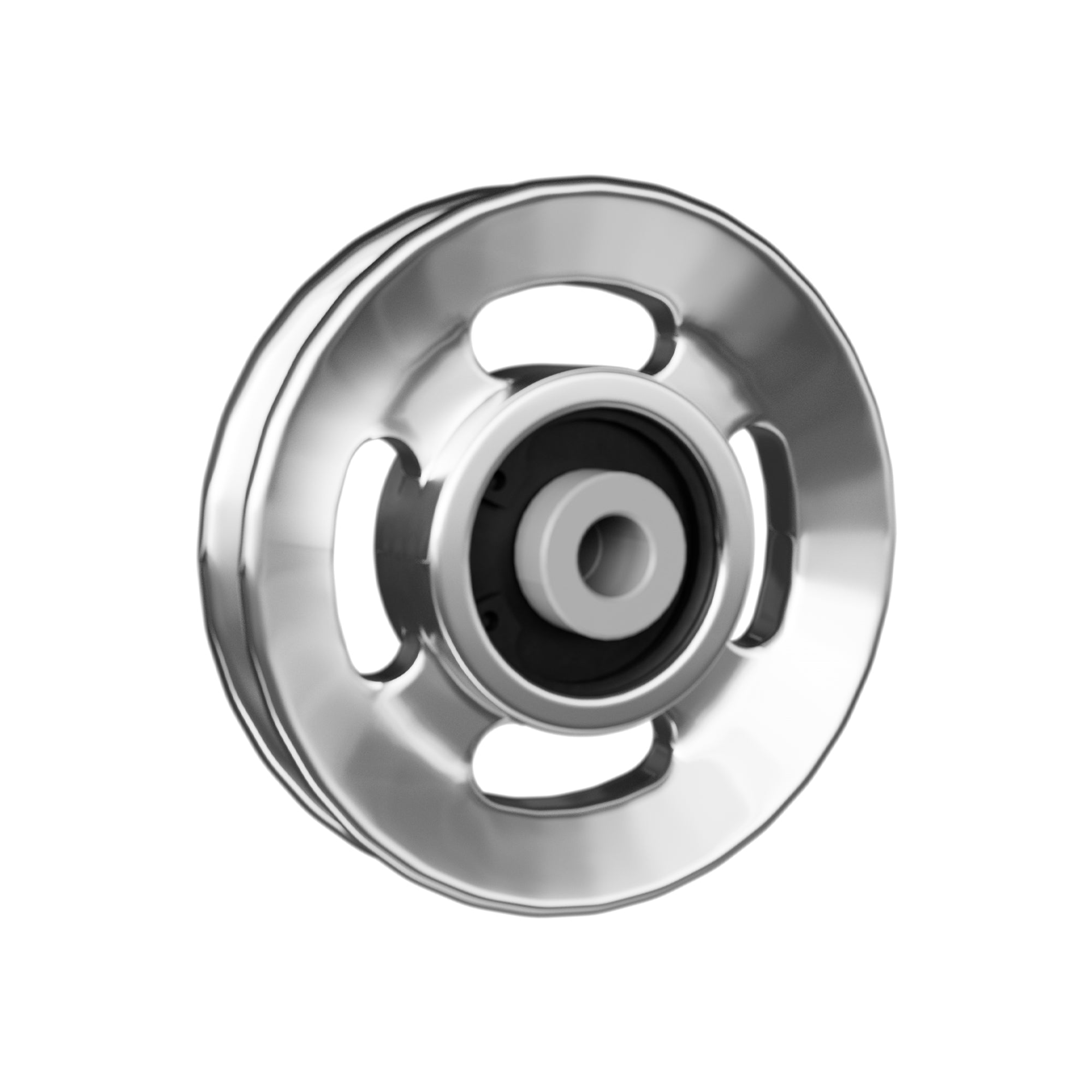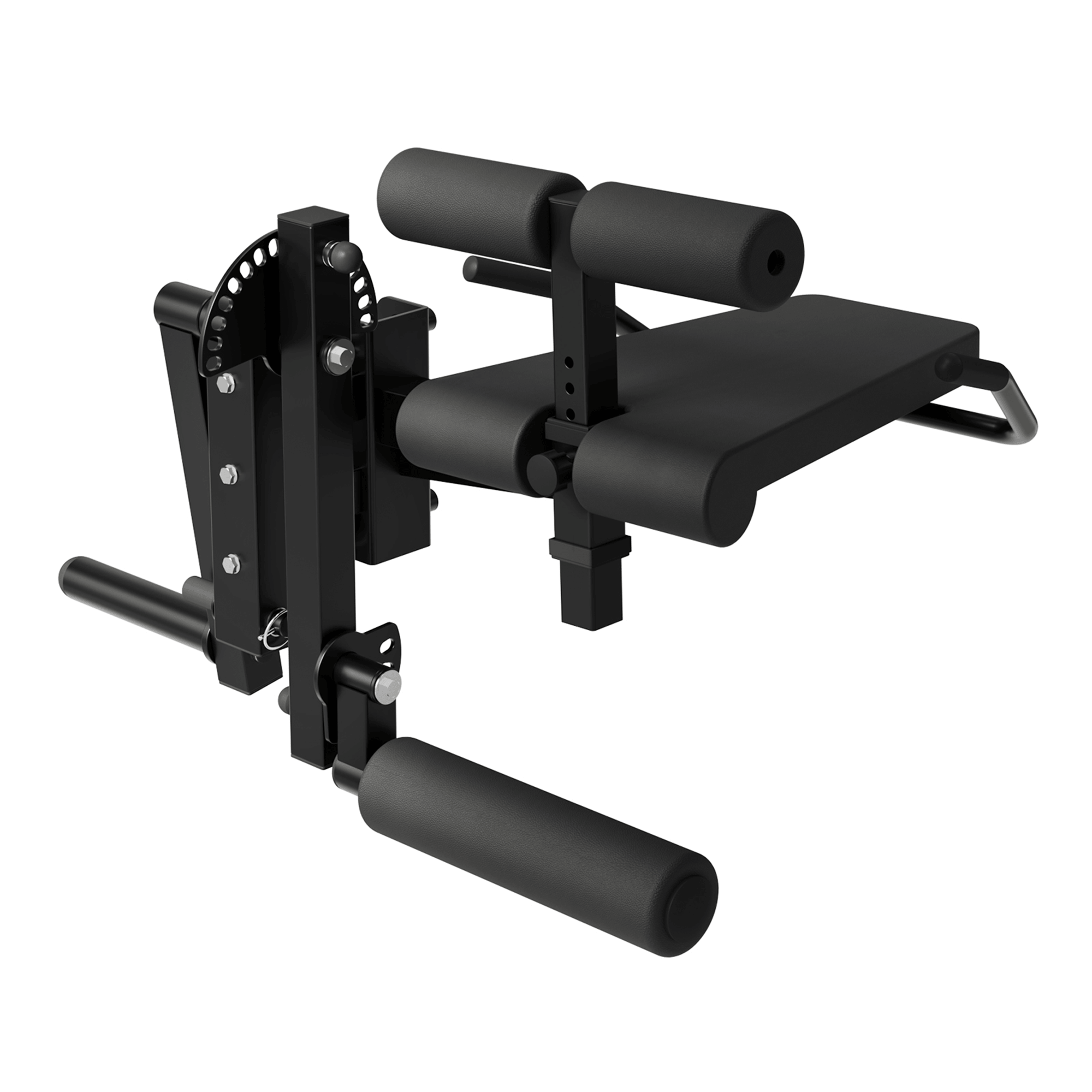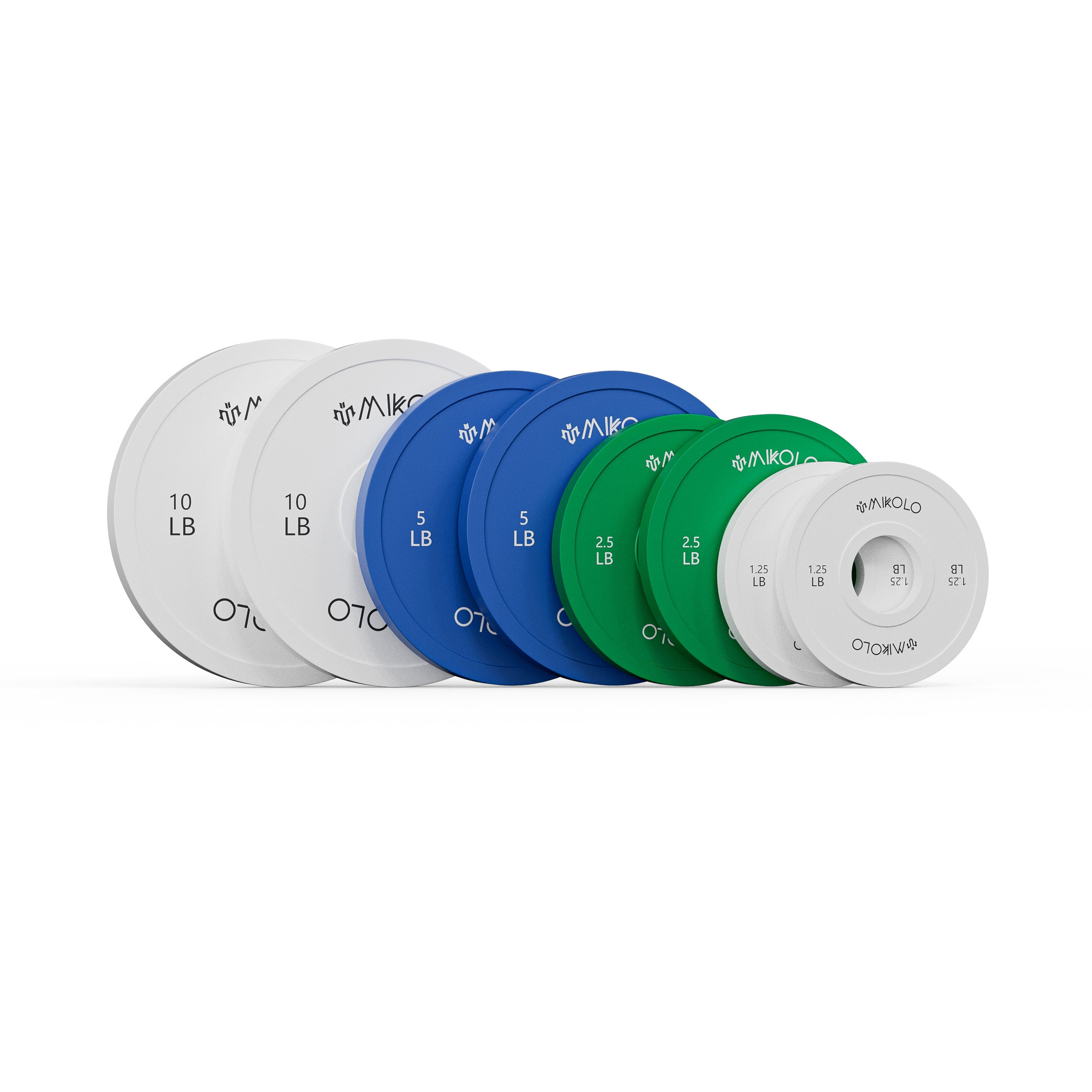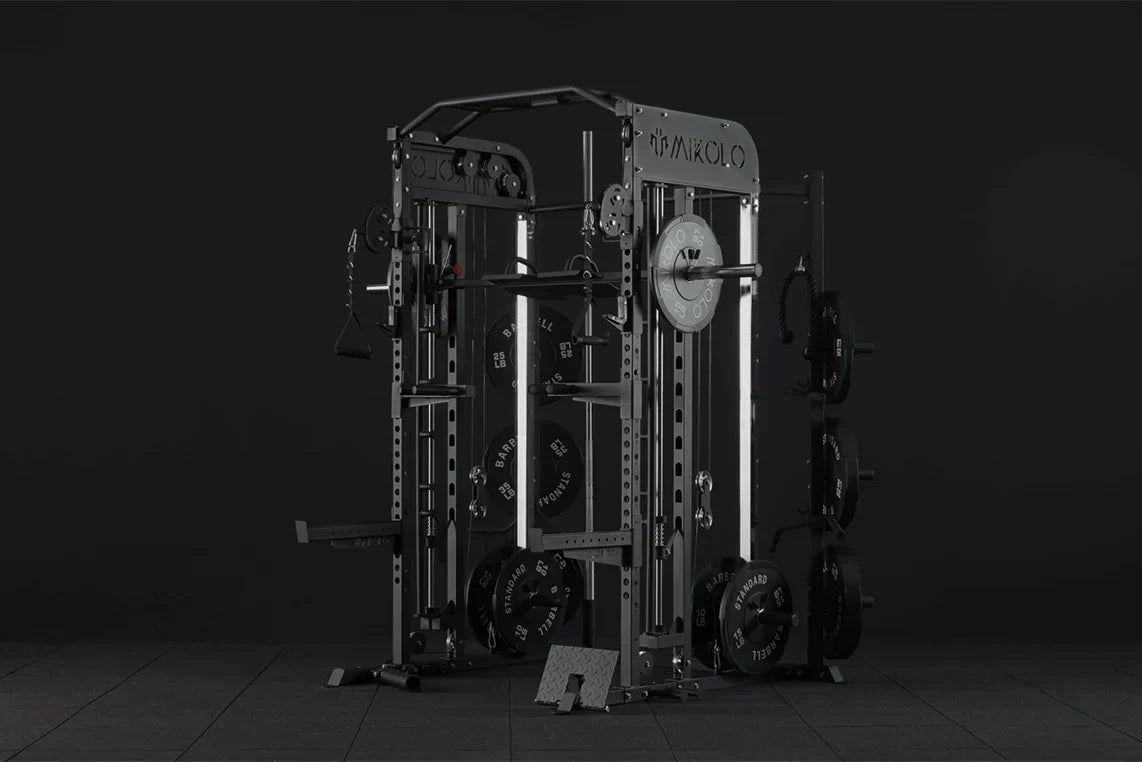When it comes to building upper body strength, few exercises are as popular and effective as the bench press. Whether you're a seasoned gym-goer or just starting out, two primary bench press options will likely come into play: the Smith machine bench press and the free weight bench press. Both have their advantages and considerations. So, let’s break down the pros and cons of each, and discuss how they compare in terms of effectiveness, ease, and performance.
Does the Smith Machine Bench Press Count?
The Smith machine bench press often sparks debate in the fitness community. Some argue that because the barbell is fixed along a guided track, it reduces the natural range of motion and stability challenges that come with using free weights. However, the Smith machine still provides significant benefits, especially for beginners or those recovering from an injury.
Why it counts:
While the Smith machine limits some of the movement, it is still an effective way to train the chest, shoulders, and triceps. It isolates the target muscles, minimizing the need for stabilizer muscles and allowing you to focus on proper form. Plus, the fixed barbell ensures safety, particularly when working with heavy weights or without a spotter.
For beginners, the Smith machine bench press provides the opportunity to safely load up the weight and focus on technique without worrying about balance. As you gain experience, you can switch between free weight and Smith machine bench presses to target your muscles in different ways.
How Much More Can You Bench on a Smith Machine?
One of the frequently asked questions when comparing Smith machine vs. free weight bench press is, "How much more can you bench on a Smith machine?" The answer largely depends on your experience and strength level.
Since the Smith machine stabilizes the barbell for you, many lifters can handle more weight compared to a free weight bench press. The bar’s fixed path removes the need for stabilizing muscles that help balance the barbell, allowing you to push more weight without the same level of control.
How much more?
Research and anecdotal evidence suggest that you may be able to bench 10–20% more on the Smith machine than on a free weight bench press. However, this depends on your lifting experience and how accustomed your body is to each style of bench press.
For instance, if you’re a beginner, the Smith machine may allow you to lift more due to the ease of use, while a more experienced lifter may find their performance relatively similar on both types of equipment.
Does a Smith Machine Make It Easier?
The Smith machine does, in some ways, make the bench press easier. But that’s not necessarily a negative—especially for specific training purposes.
Here’s how the Smith machine makes bench pressing easier:
-
Stability and Safety: The fixed barbell reduces the need for balance and coordination. This makes it easier to perform the exercise without worrying about tipping the bar or losing control of the weights.
-
No Spotter Needed: Many gym-goers use the Smith machine as an alternative when training solo. The machine’s self-locking mechanism ensures that the barbell won’t fall if you fail to complete a rep, offering a layer of security.
-
Reduced Need for Stabilizers: With free weights, your stabilizer muscles (such as those in your shoulders and core) work hard to control the bar's movement. The Smith machine reduces this requirement, allowing you to focus solely on pushing the weight in a controlled manner.
However, this ease of use comes with trade-offs. The lack of stabilization required can potentially limit the development of stabilizer muscles that are critical for overall functional strength.
Smith Machine vs Free Weight Bench Press: Key Differences
| Feature | Smith Machine Bench Press | Free Weight Bench Press |
|---|---|---|
| Stability | Provides more stability with a fixed barbell track | Requires balance and stabilizer muscle engagement |
| Safety | Easier to use without a spotter due to the self-locking mechanism | Riskier without a spotter, especially with heavy weights |
| Muscle Activation | Primarily targets chest, shoulders, and triceps with less emphasis on stabilizers | Engages more muscles, including stabilizers in shoulders and core |
| Weight Handling | Allows for heavier weights due to less stabilizer involvement | May limit weight capacity due to need for stabilization |
| Range of Motion | Fixed path may reduce the natural range of motion | Full range of motion with flexibility in the lift |
| Best For | Beginners, isolated chest training, injury recovery | Advanced lifters, functional strength, muscle building |
Which One Is Better for You?
The decision between using the Smith machine or free weights ultimately depends on your specific fitness goals and training experience. If you're aiming to build functional strength and engage your stabilizer muscles, the free weight bench press is likely the better choice. It challenges more muscle groups and improves balance and coordination, making it ideal for experienced lifters.
On the other hand, the Smith machine bench press is an excellent tool for beginners or those looking for a safe, controlled environment to target their chest and triceps. It’s also great for lifters recovering from injuries, as the guided motion minimizes the risk of further strain.
Incorporating both into your training regimen can provide a balanced approach, allowing you to benefit from the advantages of each method. Experiment with both to see which feels most effective for your body, and adjust based on your progress and goals.












































Leave a comment
This site is protected by hCaptcha and the hCaptcha Privacy Policy and Terms of Service apply.